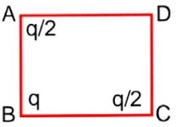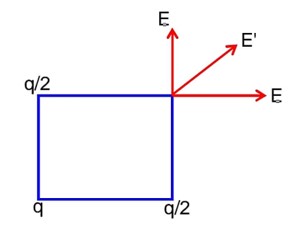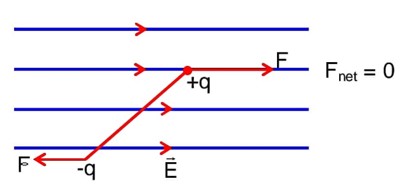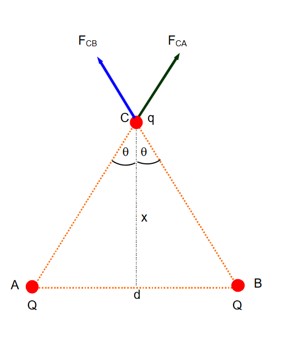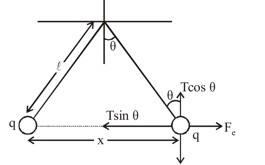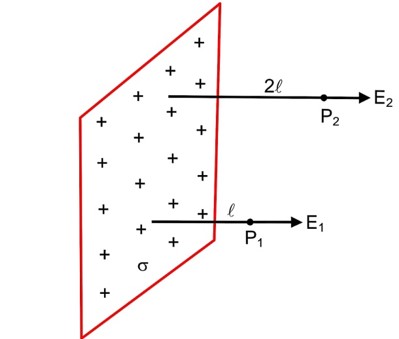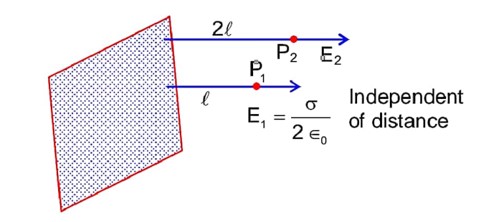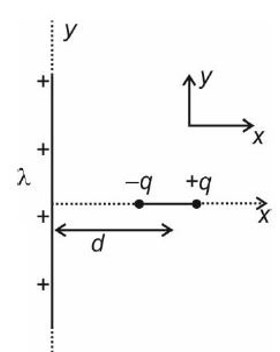Physics Electric Charge and Field
Get insights from 91 questions on Physics Electric Charge and Field, answered by students, alumni, and experts. You may also ask and answer any question you like about Physics Electric Charge and Field
Follow Ask QuestionQuestions
Discussions
Active Users
Followers
New answer posted
4 months agoContributor-Level 10
In y axis u? = v? a? = -E? q / m
s? = 0, u? t + (1/2)a? t² = 0 ⇒ t = 2u? /a? = 2v? m/E? q
x coordinate at that time = v? * t = (2v? m/0) * v? = (2v? ²m)/E? q
New answer posted
4 months agoContributor-Level 10
Polar molecules have centres of positive and negative charges separated by some distance, so they have permanent dipole moment
Taking an Exam? Selecting a College?
Get authentic answers from experts, students and alumni that you won't find anywhere else
Sign Up on ShikshaOn Shiksha, get access to
- 66k Colleges
- 1.2k Exams
- 681k Reviews
- 1800k Answers

